Themes
Low intensity warfare
439 articles
“The Art of War”
by Manlio Dinucci

Rome (Italy) | 10 June 2015
Part II
by Robert S. Rodvik
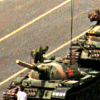
Vancouver (Canada) | 13 January 2013
Part I
by Robert S. Rodvik
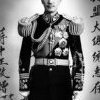
Vancouver (Canada) | 7 January 2013
Video
by Margaret Kimberley

18 October 2012
Made by the USA
by Edward S. Herman

23 September 2012
Detailed Investigation - Video Vesti24

1 June 2012
by Jean Guy Allard

Havana (Cuba) | 29 May 2012
Video
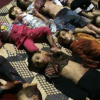
27 May 2012
Video
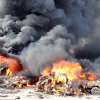
26 May 2012
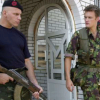
15 May 2012

13 May 2012
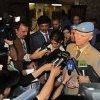
9 May 2012
The art of war
by Manlio Dinucci
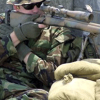
Rome (Italy) | 25 February 2012

17 February 2012

7 February 2012